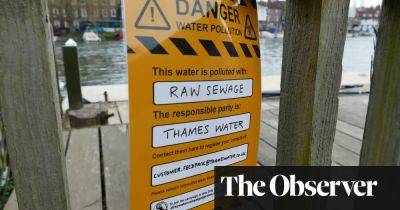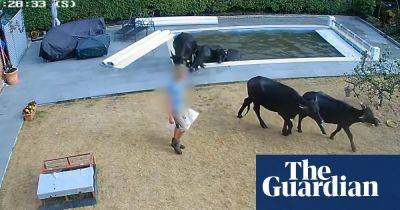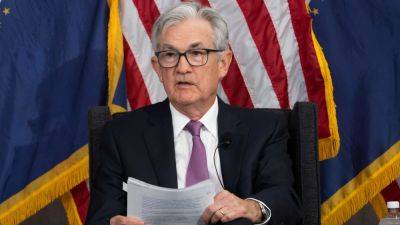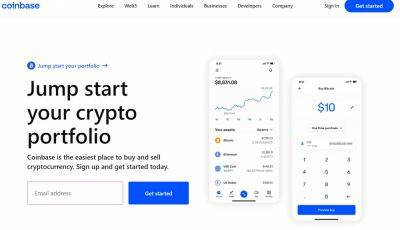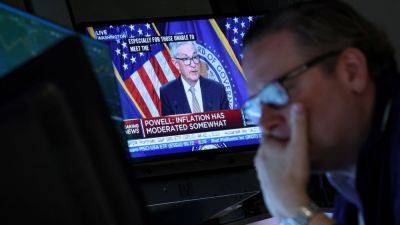‘We won’t be able to pay this much’: UK interest rate hike hits home
W hen Rob, 35, from Trowbridge in Wiltshire, and his wife bought their first home for £375,000 in 2021, they were unable to imagine that 18 month later the Bank of England would have raised interest rates to 4.5% – their highest point since 2008.
“We bought a four-bedroom house after a decade of saving, when house prices were rising 10% a year and mortgage rates were tiny,” he says. “We felt like if we didn’t buy then we’d start moving backwards as prices were rocketing, and we were tired of renting, particularly as we have two young children.
“As the Bank of England base rate has been virtually flat our entire adult lives, we only fixed for two years, and are just beginning to start looking to remortgage now. I obviously now wish I’d have fixed for longer.”
With forecasts predicting that the Bank could be forced to raise interest rates to 5% this summer, it seems all but certain that the couple’s monthly repayments of just under £1,200 will rise dramatically when their fixed term ends in October.
“Our original goal was to see monthly repayments fall after two years, as it’s a substantial proportion of our income,” Rob says. “We were hoping to overpay enough to go from a 90% loan-to-value [LTV] mortgage to 85% to bring our rate down.
“Now, it looks like we’ll be paying at least a third more each month, in excess of £1,600, if we fix in six months’ time, or have to risk going on to the standard variable rate, currently about 8% or almost £2,000 a month, in the hope that rates will drop quickly. Thanks to the stagnation in house price growth it’s not clear if our house would now be valued as less than what we bought it for, pushing us further away from the 85% LTV bracket.
“I worry that we’re going to lose our home we saved so
Read more on theguardian.com

